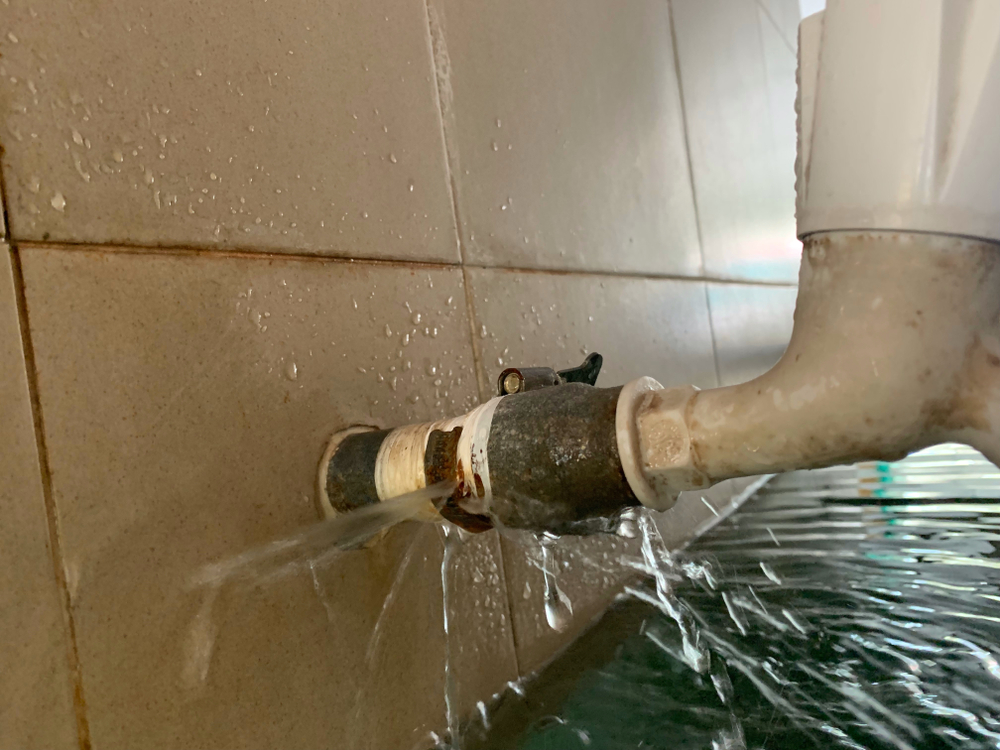Living in the twenty-first century means you probably use water every day in some capacity. Whether it’s washing your clothes, doing the dishes, cooking a meal, or taking a shower, modern plumbing has provided us with many benefits! But did you know that hard water and high water pressure can lead to many problems?
Hard water is a term used to describe water that has a high mineral content, usually made up of calcium and magnesium. You may have seen the effects of hard water in your daily life. For example, that residue left on a glass taken out of the dishwasher is likely due to hard water. If you feel a sort of film on your hands while washing them it’s probably due to the calcium in the hard water interacting with the soap.
When your water is heated, solid deposits of calcium carbonate can form. This sort of scale buildup can cause numerous issues with your pipes and appliances. If your pipes seem to be clogged or your water-using appliances aren’t functioning properly, it may be due to hard water.
Your toilet and sink can be negatively affected by hard water if the hard water causes this limescale buildup in your pipes. The buildup could effectively clog your drains and cause your sinks and toilets to back up. If the deposits form inside the toilet’s tank, they can even damage internal components reducing the lifespan of your toilet.
Toilets aren’t the only appliance whose lifespan is impacted by hard water. Mineral deposits can block small water supply lines and cause drain lines to narrow, reducing the effectiveness of your washing machine and dishwasher. Overtime, if left untreated, these deposits can shorten the lifespan of these appliances and require you to replace them sooner than you expected.


